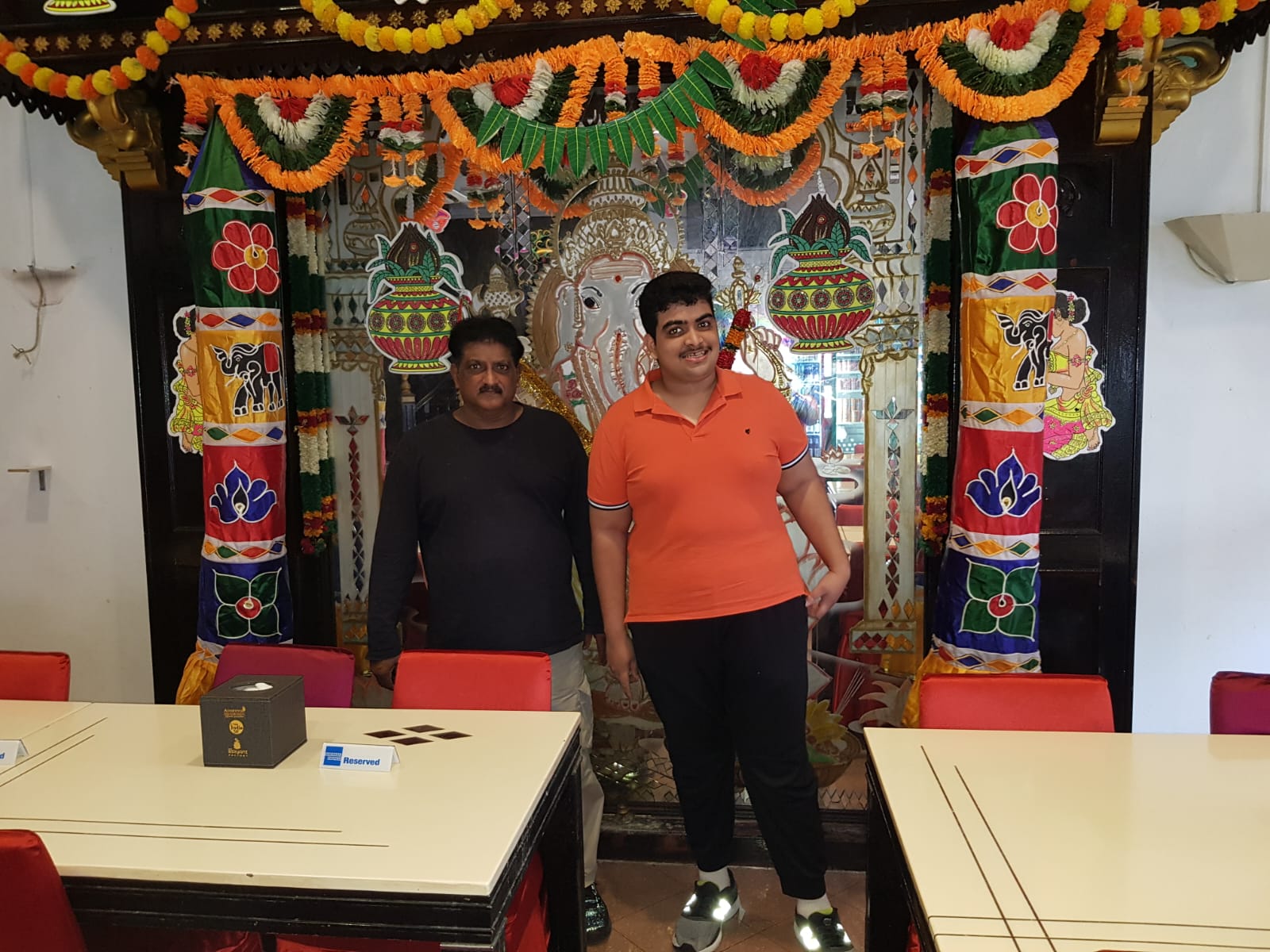Embracing the Journey of Caring for My Son with Special Needs
- Vanu
- 4 Mins Watch
- 17 Feb 2025

A family day out at the Singapore General Hospital’s annual party
When our son was young, he had a fever that caused significant damage to his frontal lobe, affecting his neural network. The doctors explained that he’d need lifelong medication to manage the condition, and though he’s now 29, in many ways, he still sees the world through the eyes of a child.
When he was younger, he was physically weak. He couldn’t move around on his own because of the risk of injury, and my wife and I often had to carry him. It wasn’t easy, and my wife and I struggled initially. But today, he’s much more independent, attending workshops at the Movement for the Intellectually Disabled of Singapore’s Employment Development Centre (MINDS EDC), and it’s been incredible to watch his progress.
What I Wish People Knew About Caring for a Child with Special Needs
Caring for a child with special needs really boils down to love and commitment. These children might not be able to fully understand us, but it’s up to us to understand them. It’s a huge commitment—one that requires a lot of sacrifice. You give up time, energy, and sometimes even your own comfort, constantly attending to their needs and ensuring they’re happy. But once you’ve established the foundation of love and acceptance, you begin to embrace them for who they are, flaws and all.

My son attending my graduation ceremony for the WSQ Higher Certificate in Healthcare (Nursing) at HMI Institute.
The Most Rewarding and Challenging Part of the Journey
The most rewarding part for me has been how thankful he is. He always expresses his love and appreciation for me and my wife, which makes all the effort worth it. He’s polite and well-behaved, never causing trouble in public, and that brings me so much peace.
But there are challenges, of course. The biggest one for me and my wife is the future. As we get older, we worry about how we’ll care for him. We won’t always be able to do everything for him, and the thought of asking others, even his siblings, to take on that responsibility is tough. I try to put myself in his shoes—he’s completely dependent, doesn’t always understand what’s happening, and can’t communicate everything he feels. It’s hard not to worry about what that future will look like for him.

My son and I at our relatives’ wedding lunch
Advice for Other Caregivers
One thing I’ve learned is that if you treat caregiving like a job, it can quickly become overwhelming. I’ve seen other caregivers snap, shout at their children, and become frustrated. People often ask me how I manage to stay patient with my son, and the answer is simple: I love him. I do my best to understand his needs, accept him for who he is, and support him as best as I can.
For example, when we’re at work and come home later than expected, he can get upset because he misses us. But we don’t let that frustration build up—we offer compromises, like planning another outing to make up for it. It’s these small things that help us maintain peace and understanding.
At first, it was difficult for us to accept his condition. But over time, we’ve come to love and accept him just as he is. He’s our son, and we as his parents will always love him.
You may also be interested in
Related stories

Learning to care for my father
Iqbal Bin Rashid

Learning to cope as a caregiver
Zahid

How caregiving helped me find my calling
Jeremy Chan

Taking care of my employer
Nan Kyu Khaing

My life with grandfather
Nura

Embracing the Journey of Caring for My Son with Special Needs
Vanu
